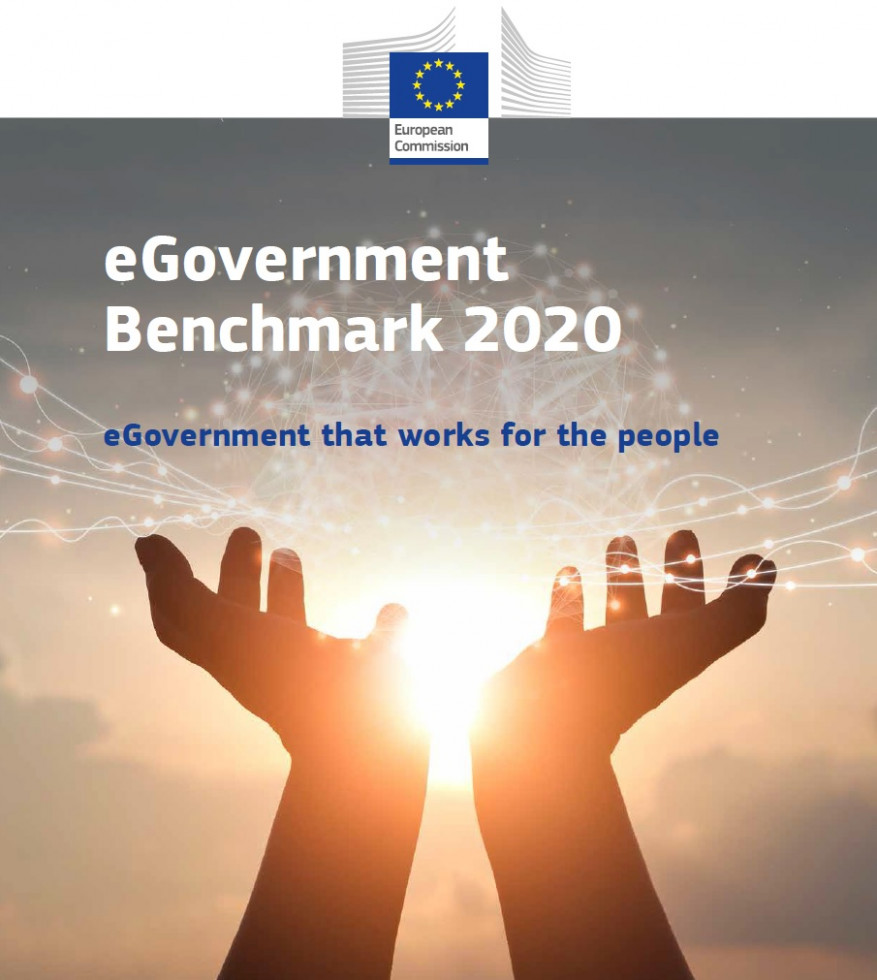Development of e-government in Slovenia above European average

eGovernment Benchmark 2020 | Author The European Commission
With the help of such analyses, countries can determine how good their services are for residents and businesses, compared to other European countries. States can use the findings to help plan activities and resources and to evaluate the effects of various development projects and measures. Such analyses also enable the exchange of good practices, knowledge and experience between countries, as well as more uniform and high-quality public administration services that improve the lives of citizens and increase the competitiveness of the economy.
In terms of the development of e-government services, Slovenia still ranks around the European average in comparison with other European countries. According to the two-year average of the main indicators, we are ranked 17th among the 36 countries surveyed. A highlighted example of our good practice is the IT solution of electronic sick leave, which was established in cooperation with the Health Insurance Institute and the Ministry of Public Administration.
Published findings of the European Commission show a slightly improved, but still average level of digitalization (benchmark) and a medium low level of penetration (use of the Internet in society), this year Slovenia progressed from a group of countries with "unconsolidated" e-government to a group of countries with "expandable" (expandable) e-government (including Belgium, Luxembourg, Portugal and Malta). These are countries with otherwise efficient development, which must, above all, increase the number of users of online services in order to make better use of their potential.

